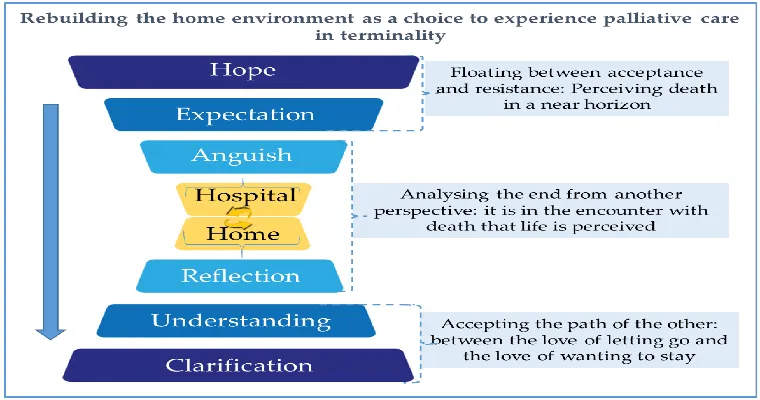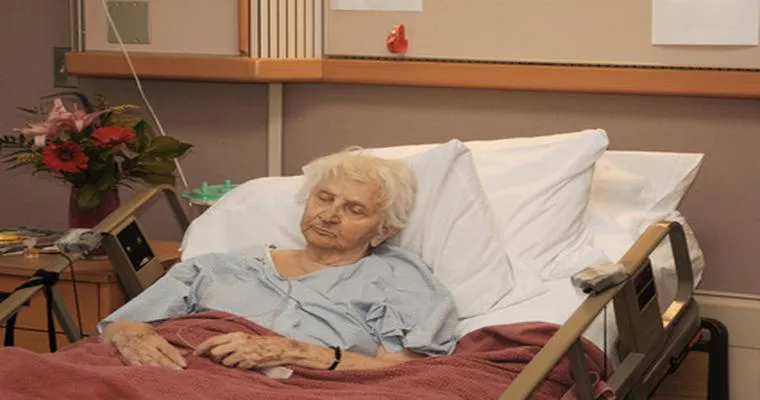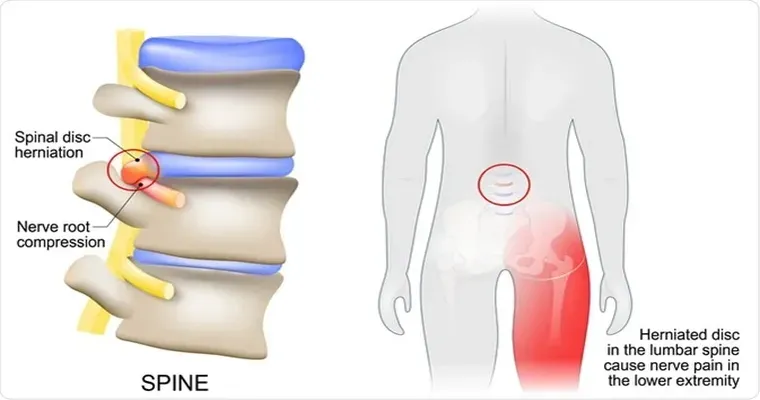When a loved one, such as your mother, is in "palliative care", it can be distressing to see them in "pain" despite the goal of this specialized care being to enhance their "quality of life". Understanding why your mother may still be experiencing discomfort is crucial, as is knowing how to advocate for her needs effectively.
Palliative care focuses on relieving symptoms and improving the quality of life for patients with serious illnesses, yet it is not a one-size-fits-all solution. There are several reasons why your mother might still be in pain, even when receiving this type of care.
One possibility is that her pain management plan might need adjustment. Palliative care teams typically tailor pain relief strategies to the individual needs of the patient, but these plans may require ongoing evaluation and tweaking. Factors such as "progression of the illness", changes in her condition, or even her body’s response to medications can all influence her pain levels.
Another reason could be the complexity of managing pain in patients with multiple health conditions or those who are nearing the end of life. Sometimes, certain medications may not be effective for everyone, or they may have side effects that can complicate treatment. Additionally, psychological factors such as anxiety and depression can exacerbate the sensation of pain, making it crucial to address her emotional well-being as well.
To help your mother find more relief, consider the following steps:
1. "Communicate with the Palliative Care Team": Open and honest dialogue with her healthcare providers is essential. Discuss her pain levels, what seems to help, and any new symptoms. This information can be invaluable in adjusting her treatment plan.
2. "Explore Different Pain Management Options": Pain relief can come from various sources, including medications like opioids, non-opioid analgesics, and adjuvant therapies. Other methods such as physical therapy, acupuncture, or even relaxation techniques can also contribute to pain relief.
3. "Consider Psychological Support": Addressing emotional and psychological factors is a key component of effective pain management. Engaging a psychologist or counselor who specializes in palliative care can provide your mother with coping strategies that may alleviate her pain.
4. "Incorporate Holistic Approaches": Techniques such as massage, aromatherapy, and mindfulness practices can complement traditional medical treatments. These holistic approaches may help reduce stress and improve your mother's overall well-being.
5. "Advocate for Regular Assessments": Pain levels can fluctuate, so it is crucial to have regular assessments of her pain management plan. Encourage the palliative care team to monitor her condition closely and adjust medications or therapies as needed.
In conclusion, while palliative care aims to provide relief from pain and improve the quality of life, it is essential to recognize that achieving optimal relief can require ongoing adjustments and support. By actively communicating with her care team and exploring various avenues for pain management, you can play a vital role in helping your mother find the relief she deserves. Remember, you are not alone in this journey, and advocating for her needs is an important step in enhancing her comfort and peace during this challenging time.





